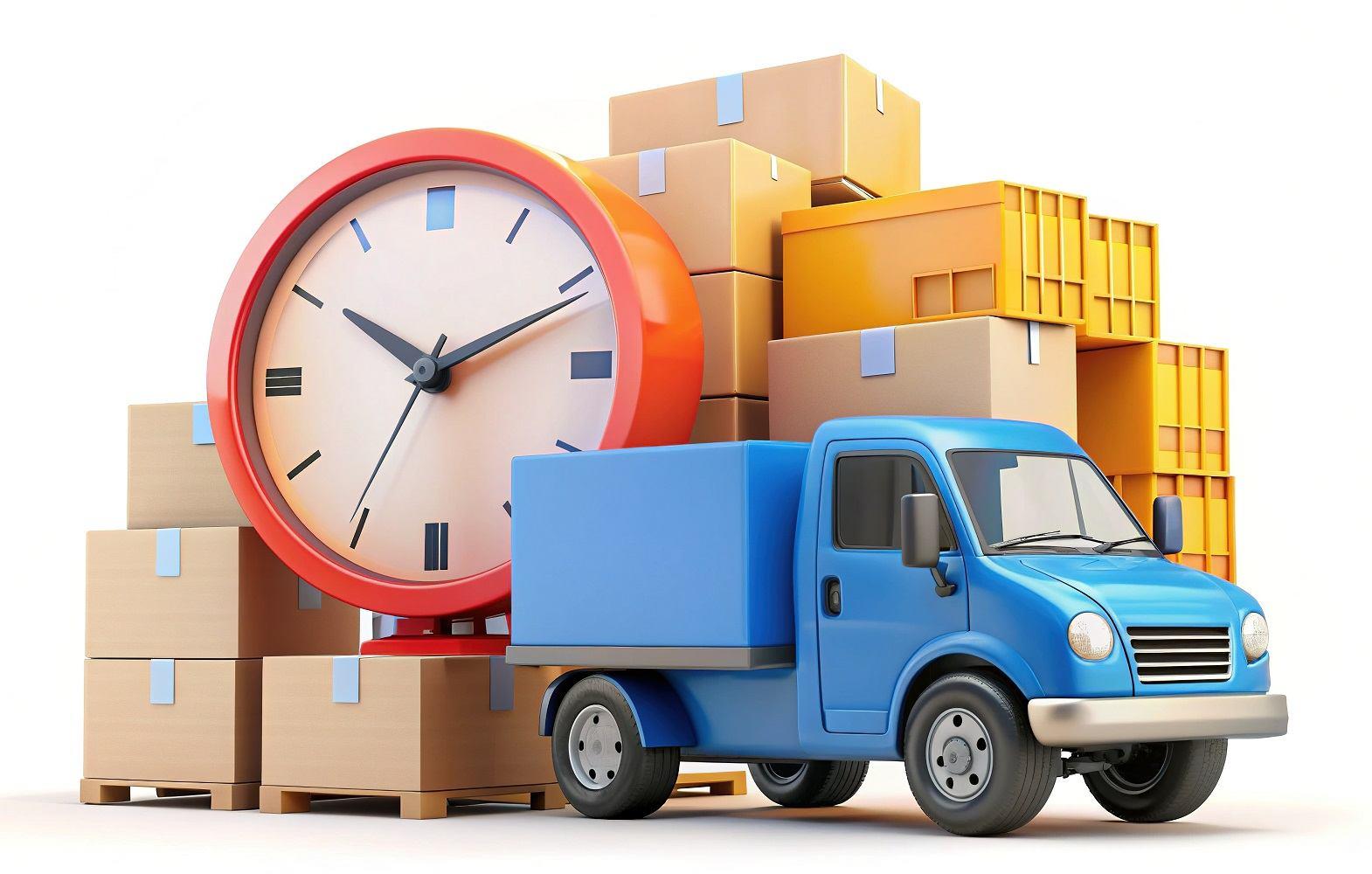The world textile industry is a huge and significant industry, currently valued at US$309 billion. Its growth is steadily increasing, with expectations of reaching US$856 billion in the near future. Emerging economies like India and China are contributing to this growth and are poised to play a dominant role in the textile industry.
Logistics plays an integral role in the textile industry, as it does in any other industry. Without the efficient movement of goods from one location to another, no industry can function effectively. Textile logistics specifically involve the transportation of raw materials and textile machinery to manufacturing units and the delivery of finished goods to their target markets.
Textile logistics is a rapidly evolving sector, and manufacturers and retailers in the textile industry recognize the importance of reliable transportation services. They are willing to invest in quality logistics services, with cost being only one consideration. Timeliness is a critical aspect of textile logistics.
The timely delivery of goods is paramount in the textile industry. Failing to meet agreed-upon deadlines can harm a company's reputation in the market. Timeliness is crucial for the success of a textile business, as it directly affects customer satisfaction and overall business outcomes.
For companies involved in textile logistics, maintaining timeliness is a top priority. Regardless of their location, whether in a country, state, city, or region, they must ensure that they meet delivery deadlines. Clients rely on logistics providers to deliver their goods to the intended destination on time, and any lapses in timeliness can have negative consequences for both the logistics company and its clients.
The textile industry's reliance on efficient and timely logistics underscores the importance of this sector in supporting the growth and success of the industry as a whole.
A China based logistics company was sued by its client for late delivery of goods. It was entrusted with the responsibility of all the courier of the company. An important courier containing documents arrived later to what was agreed upon because of the inefficiencies of the internal staff. This led to huge losses for the client company as an important message could not be conveyed across.
In another of such incident, a textile manufacturing company suffered losses because of not getting the raw materials on time. It approached an unreliable textile logistics company in UK and could not get its shipment containing raw materials on time. Owing to this incident, its delivery of finished goods got late which affected the profits of the company.
Timeliness in textile logistics is influenced by cost to some extent. There are different types of transportation in the world. Each has its own speed and charges. Courier by air, water, and road are different. Air is the fastest. Hence, it costs more. Goods can also be moved with the help of cargo ships on water and rails or by other means on road.
Many service providers of textile logistics view timeliness as a parameter of quality. If they are able to reach the said goods or materials always on time, their quality is excellent. If they are not able to deliver their client's goods on time, their quality is poor. In the industry of textile logistics, timeliness is the face of quality. The service providers quality is judged by this means.
In the world of textiles and fashion, everything is short lived. Anything in trend today may vanish from the market tomorrow. The raw materials need to be transported and processed on time. If any logistics company is not timely in the transportation of goods and raw materials, they may not serve the purpose.
Besides, timeliness has one more point to its 'list of importance in textile logistics'. The prices for raw materials used in the textile industry majority of the times are extremely fluctuating. Cotton, for example, has an extremely fluctuating price. If the company buys cotton at a higher price and later its prices fall down, the company will be forced to sell the finished goods at a low price.
No doubt, as compared to the edible goods industry, timeliness has lesser importance in textile logistics. Raw materials hardly decay in the textile industry. They can be stored in go-downs for long. Unlike edible goods, they do not have a life span or expiry date. But still, timeliness is an important matter of consideration in the textile logistics industry, as well.
The importance of timeliness in textile logistics can simply not be ignored. In fact, timeliness is an important thing in all the sectors of logistics. But it holds a special place in the textile industry. Compromising on this aspect is not at all good for the business! This is the reason textile logistics service providers take special care to be timely in everything that they do.
References:
- In.kpmg.com
- Itdmgmt.com









Comments